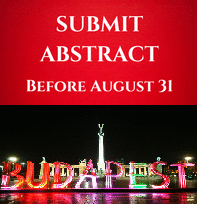
Sophia Chew
General Hospital, Singapore
Title: Acute kidney injury after cardiac surgery- Can we do something about it?
Biography
Biography: Sophia Chew
Abstract
Acute kidney injury (AKI) is common, occurring in about 1 in 3 patients after cardiac surgery. It is associated with increased mortality, morbidity and healthcare costs. It is a multifactorial disorder and there is currently limited renoprotective mechanisms, hence prevention and early recognition of AKI is the focus of extensive clinical and basic science research.
AKI risk models are useful for predicting acute renal failure requiring dialysis but are limited in non dialysis requiring AKI due to non-standardized definitions of AKI used, differing intraoperative variable, small cohorts and lack of external validation. Furthermore, all these models have been based on the Western population which may not be valid in the Asia-Pacific region.
We developed and validated a risk model that utilized both preoperative and intraoperative variables to predict AKI after cardiac surgery in our local population. Similar to other studies, increased age, hypertension, eGFR less than 60ml/min, prolonged bypass time and use of intra-aortic balloon pump were risk factors for AKI. In addition, preoperative anemia, lowest haematocrit during bypass and intraoperative red blood cell transfusion are significant modifiable risk factors in our model. The risk score is easy to use, robust and allows for early detection of the patient at risk of AKI and institution of early management strategies. Our AKI risk model is the first developed for an Asian population and has high clinical utility given the large population of Chinese and Indians globally .

